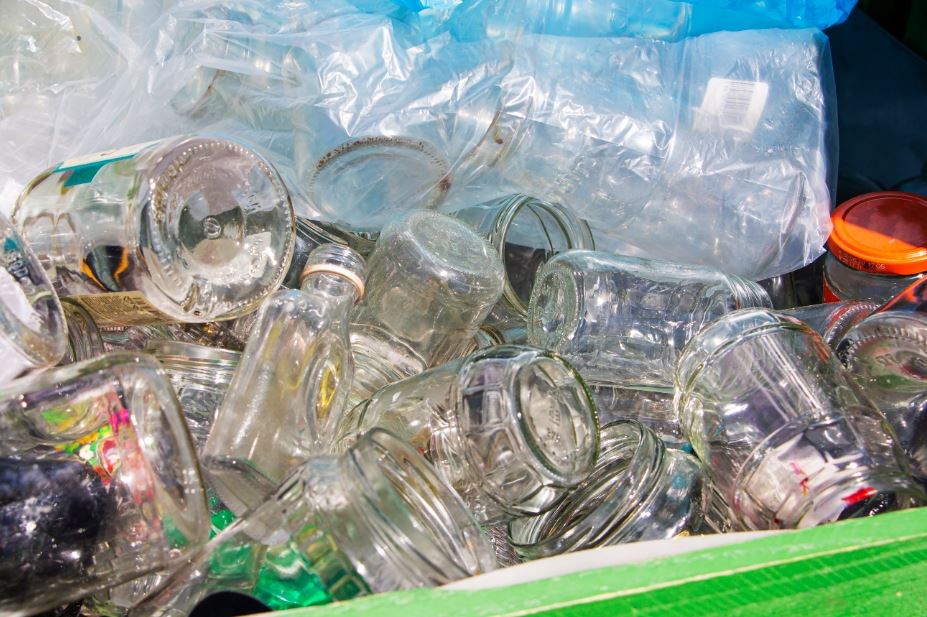New West residents will soon have a new way to dispose of jam, pickle, sauce and other jars.
Starting July 4, the City of New Westminster is launching its new curbside glass collection program. Last October, city council directed staff to implement a segregated glass collection program for single-family and multi-family residences starting in 2022.
Under the new program, each single-family home will receive one 27-litre grey box, whose contents will be collected once every four weeks. Grey boxes are being delivered to residences in June.
A notice from the city says the curbside glass collection schedule will be different than the existing solid waste collection schedule. That’s because glass requires manual collection and must be collected separately.
When the new grey boxes are delivered, residences will also receive an individualized collection schedule.
Items allowed in the grey bins include non-refundable glass bottles and jars, such as jam, sauce or pickle containers (containers must be emptied and rinsed). Refundable glass bottles, such as wine and beer bottles, are optional.
Drinking glasses, windows, mirrors, ceramics and light bulbs are not accepted in the glass collection program.
When approving the initiative, city officials said it would address contamination of recyclables in the current recycling program. Some residents also expressed a need for enhanced recycling offerings in response to the closure of the city’s recycling depot.
“I think it is going to be well received in the community, as glass recycling was definitely identified as one of the challenges and concerns with the recycling program in New Westminster,” said Mayor Jonathan Cote.
A July 2021 report to council stated that Recycle BC audits showed an “increasing trend of high contamination” of the city’s curbside collection program, including a 14.1 per cent contamination rate in the fourth quarter of 2020. That was “significantly” above the maximum contamination threshold of the three per cent allowed under the city’s agreement with Recycle BC, and could lead to substantial financial penalties to the city.
According to a notice being mailed to residents, more than 14 per cent of materials collected in the city’s residential recycling carts don’t belong there, and a high proportion of the contaminated material is glass. The city is committed to reducing its recycling contamination to less than three per cent.
“No doubt we have seen contamination levels in our recycling program. And although there has been some flexibility with Recycling BC regarding that, it’s always a concern given that we have obligation and mandates to reach that,” Cote told the Record. “That was definitely one of the justifications and reasons to really assist and hopefully remove some of the glass contamination that was finding its way into other streams of recycling, which really does in many respects, undermine those other streams.”
Follow Theresa McManus on Twitter @TheresaMcManus
Email [email protected]



